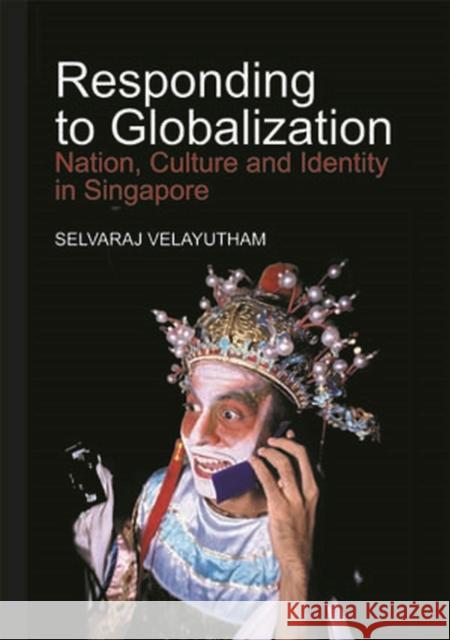Responding to Globalization: Nation, Culture and Identity in Singapore » książka
Responding to Globalization: Nation, Culture and Identity in Singapore
ISBN-13: 9789812304216 / Angielski / Twarda / 2007 / 239 str.
Despite unprecedented levels of global interconnectedness, little academic attention has been paid to how governments actively deal with the challenges globalization poses for national identity. This book investigates the Singapore Government's approach to the construction of national identity and the shifting ways in which Singapore has been imagined in official discourses. The hallmarks of Singapore's nation-building project have been the state's efforts to manage ethnic differences and ensure the economic well-being of its citizenry. Unlike other global cities which are embedded in a larger nation-state, Singapore is both a global city and a nation-state. Singapore embodies a curious contradiction: while global cities are often theorized as transient spaces, contradictorily, the nation-state needs to be bounded in order to remain viable. This book focuses on the global/national nexus: the tensions between the necessity to embrace the global to ensure economic survival, yet needing a committed population to support the perpetuation of the nation-state and its economic success. It critically explores how the government has been responding to the challenges of globalization through policy initiatives and official rhetoric to create a "space" for affective identification with the Singaporean nation-state and how Singaporeans relate to and articulate their sense of identity and belonging to Singapore within the context of globalization.











